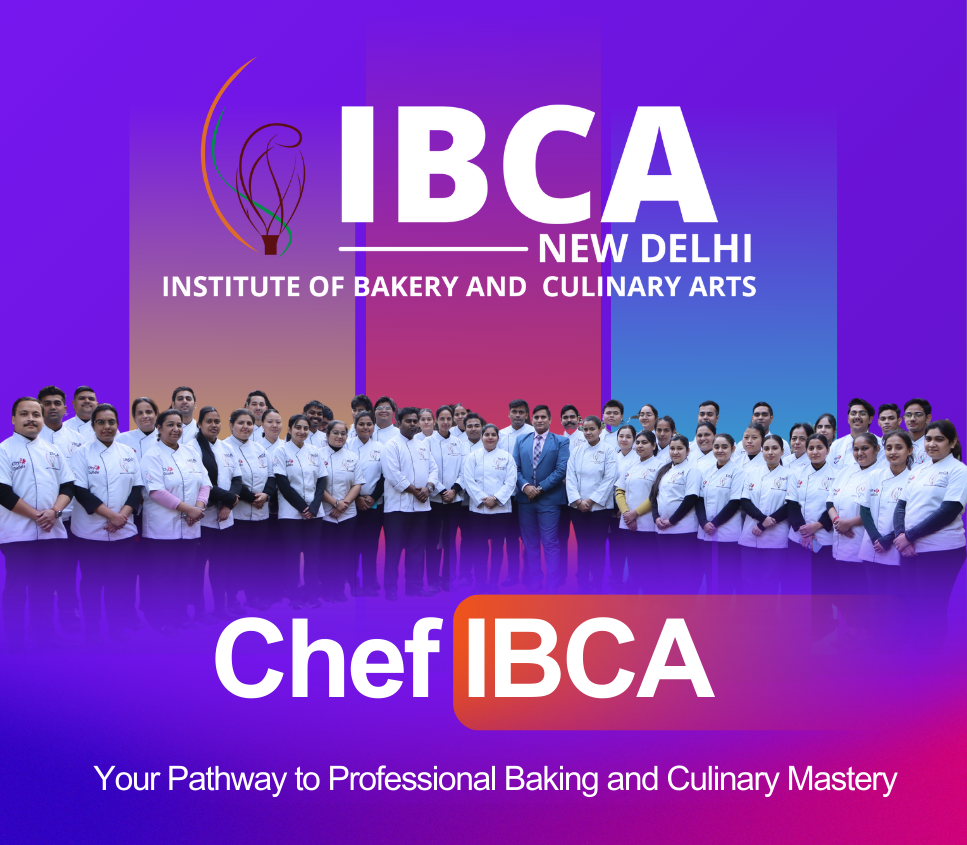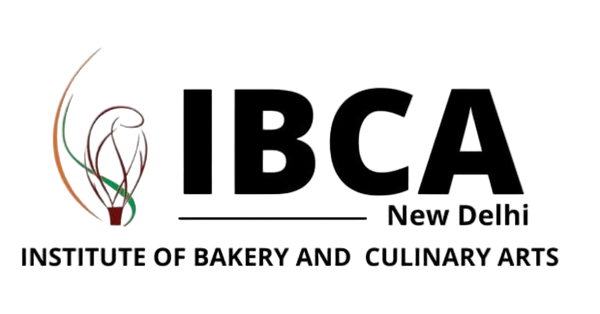Welcome to a culinary journey where science meets the art of cooking! In this blog, we will explore the fascinating world of food science and culinary techniques, and how understanding these scientific principles can elevate your everyday cooking. By diving into concepts like the Maillard reaction, emulsions, and molecular gastronomy, you’ll gain insights that will not only enhance your culinary skills but also ignite your passion for the science behind the flavors.
- The Maillard Reaction: Unleashing Flavor Complexity
Have you ever wondered why seared meats have that irresistible golden crust or why a perfectly toasted slice of bread is so much more flavorful? The answer lies in the Maillard reaction. This chemical reaction occurs when amino acids and reducing sugars combine at high temperatures, resulting in a complex network of new compounds that bring out incredible flavors, aromas, and appealing brown colors in food. Here are a few practical tips to harness the power of the Maillard reaction:
- Searing Meats: Achieve that coveted caramelized crust by ensuring your meat is dry and properly preheating your pan or grill before adding it.
- Roasting Vegetables: Coat your vegetables with a little oil and roast them at a higher temperature to encourage the Maillard reaction, creating a delightful nutty sweetness.
- Emulsions: The Art of Perfectly Blending Oil and Water
Emulsions are a crucial aspect of many culinary preparations, from salad dressings to sauces. These mixtures of immiscible liquids, typically oil, and water, are brought together with the help of emulsifiers to create stable and harmonious blends. Here are some practical applications of emulsions in everyday cooking:
- Homemade Mayonnaise: Discover the secrets to creating a creamy, velvety emulsion by slowly whisking oil into egg yolks and mustard while maintaining a steady, controlled stream.
- Salad Dressings: Learn how to create luscious vinaigrettes by combining oil, vinegar, and other ingredients using emulsifying techniques like whisking or blending.
- Molecular Gastronomy: Transforming Food with Science
Molecular gastronomy is a cutting-edge culinary discipline that applies scientific principles to transform the textures and presentations of food. While some techniques may seem complex, there are practical ways to incorporate molecular gastronomy into your everyday cooking:
- Sous Vide Cooking: Explore the wonders of precision temperature control by using a water bath to cook food slowly and evenly, resulting in tender, succulent dishes.
- Spherification: Create delightful edible spheres, encapsulating flavors in thin membranes, by using natural hydrocolloids like agar-agar or sodium alginate.
Conclusion:
By understanding the principles of food science and culinary techniques, you can unleash your creativity in the kitchen and elevate your everyday cooking to new heights. From the Maillard reaction adding depth of flavor to your dishes to mastering emulsions for perfectly balanced sauces, and even experimenting with molecular gastronomy techniques, the possibilities are endless.
So, embrace the science behind the flavors and embark on this culinary adventure, where you’ll not only savor the delicious results but also appreciate the intricate science that makes it all possible. Happy cooking!
Remember, the most important aspect of cooking is to enjoy the process and have fun experimenting with new techniques and flavors. Bon appétit!




